Faces of Food: Full-time Farming with a Full-time Job
Sometimes a job off the farm is needed to stay on the farm. Other times, including for this producer in Northern Florida, it’s just for the love of farming.
Working Smarter and Harder to Stay Farming
Balancing a full-time job and life is a challenge faced by many Americans. Add a full-time farm operation into that mix, and it can become a daunting proposition.
For Howard Hodge Jr. and his late father before him, the love of farming is more than worth the effort. The Hodge family has farmed in northern Florida outside Marianna for decades, working long days to accommodate full-time off-farm jobs.
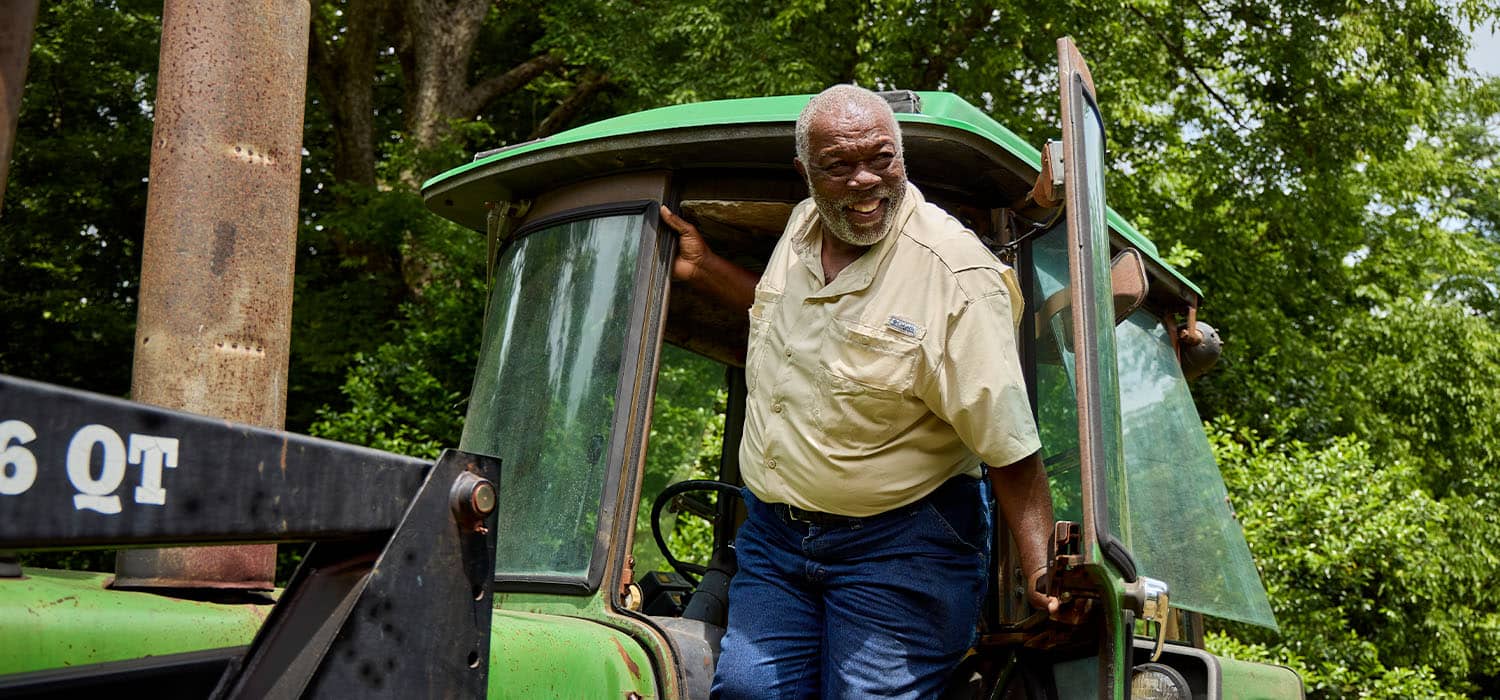
Howard says farming gets in your blood. “It’s an addiction,” he says jokingly. “Once you get it in you, you can’t get it out.”
Like his father, Howard started farming at a young age. “I loved it from sunup to black dark. That’s all I knew. Get up in the morning; get on the tractor; work to black dark; get up the next morning and go back at it.”
Howard ultimately earned his bachelor’s degree in agriculture from the University of Florida. He was a full-time high school ag teacher for several years and then an inspector for the state department of agriculture for three decades. All the while, he farmed full-time as well, hurrying back to the farm to do what he loved after a full day’s work.
Inherited Work Ethic
Howard Sr. grew up on the family farm, but both of his parents died by the time he was six years old. He basically had to raise himself, Howard Jr. says of his father, who started his life as a farmer growing watermelons and vegetables.
As time went on, Howard Sr. acquired land and started growing peanuts, corn, soybeans, and wheat. The farm continued to grow. “It’s amazing what he accomplished on his own, with no help,” Howard Jr. shares.
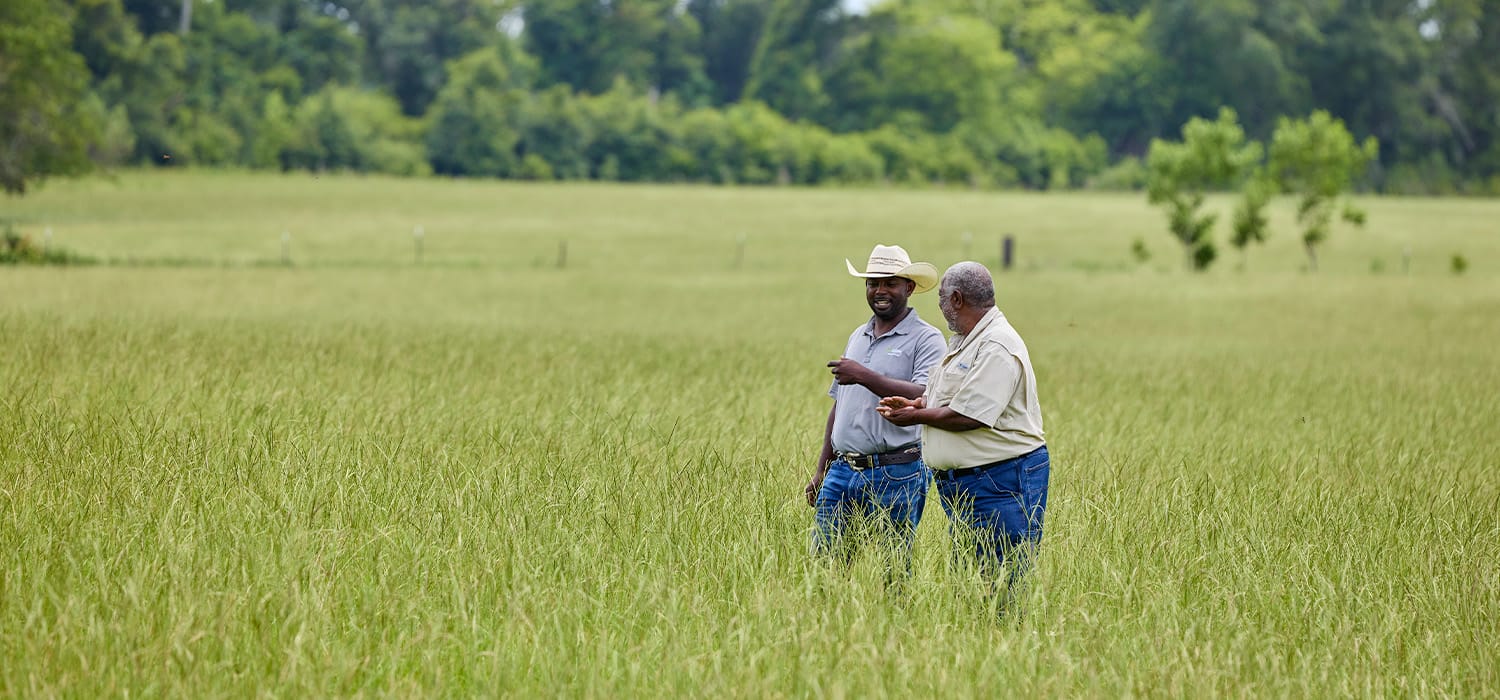
Eventually Howard Jr. was born, and he began farming when he was only six or seven years old, even operating a tractor at that age. He approached farming with the same tenacity and attitude of his father.
“I guess he’s where I got my work ethic from. He had a full-time job. He’d get off from that, and he’d get on a tractor and go to farming. And I’d be right there beside him.”
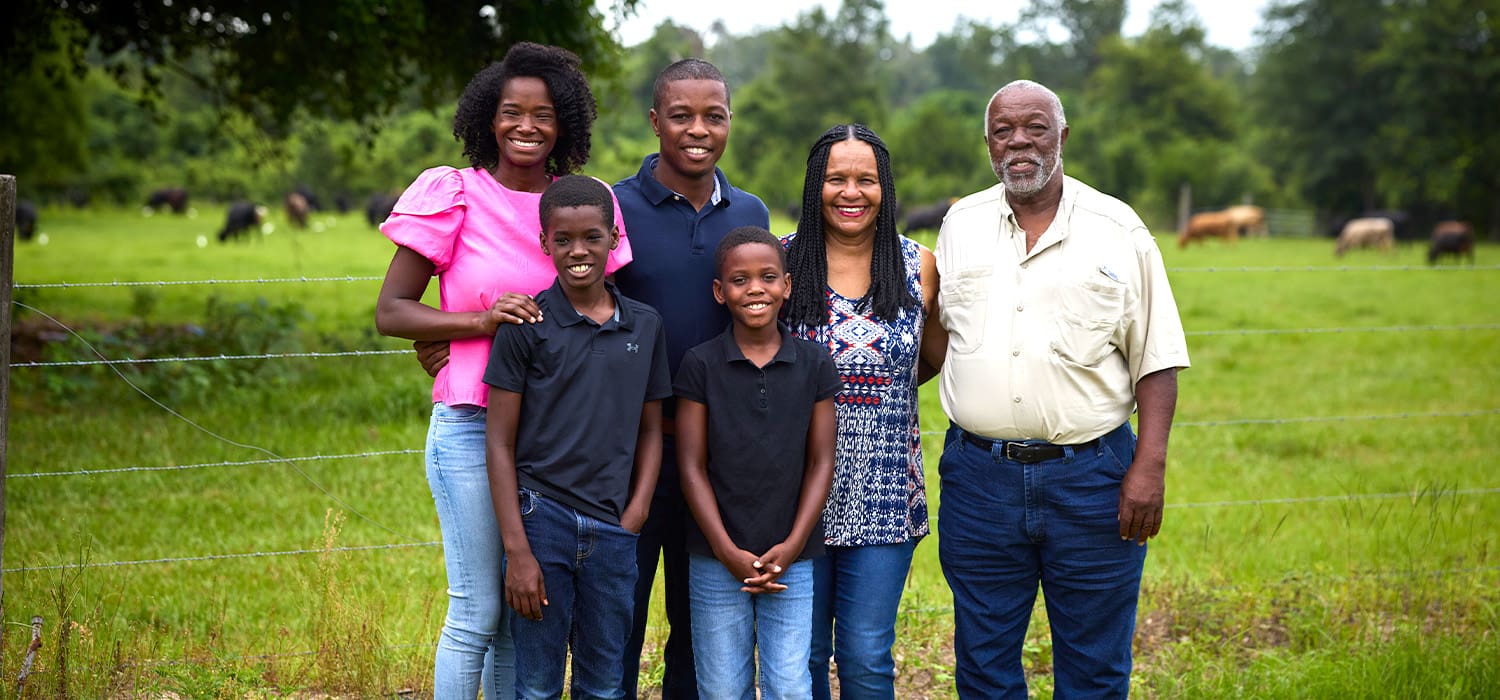
Howard Jr. and his sister were taught hard work, and he says that’s been passed down to subsequent generations from his wife Carolyn and him. “All my kids are the same way. They had a job away from the farm, but they had a job at home also.”
Howard believes the expectation of hard work has helped his children. “They don’t mind working. All of them have been very successful.”
Innovative Management
Howard has retired from his full-time job with the state, and he has scaled back his acres in recent years. But he still farms several hundred acres, including peanuts, hay, bahiagrass seed and sod. He also raises cattle. A unique rotation helps him maximize revenue from each acre while also easing his daily workload.
Bahiagrass is harvested for seed and then grazed or cut for hay. He breaks up his land into about 12 fields of 20-40 acres each and continually rotates his herd of 150-200 cattle. This allows the grass to recover and benefit from the manure and activity of the cattle on the ground.
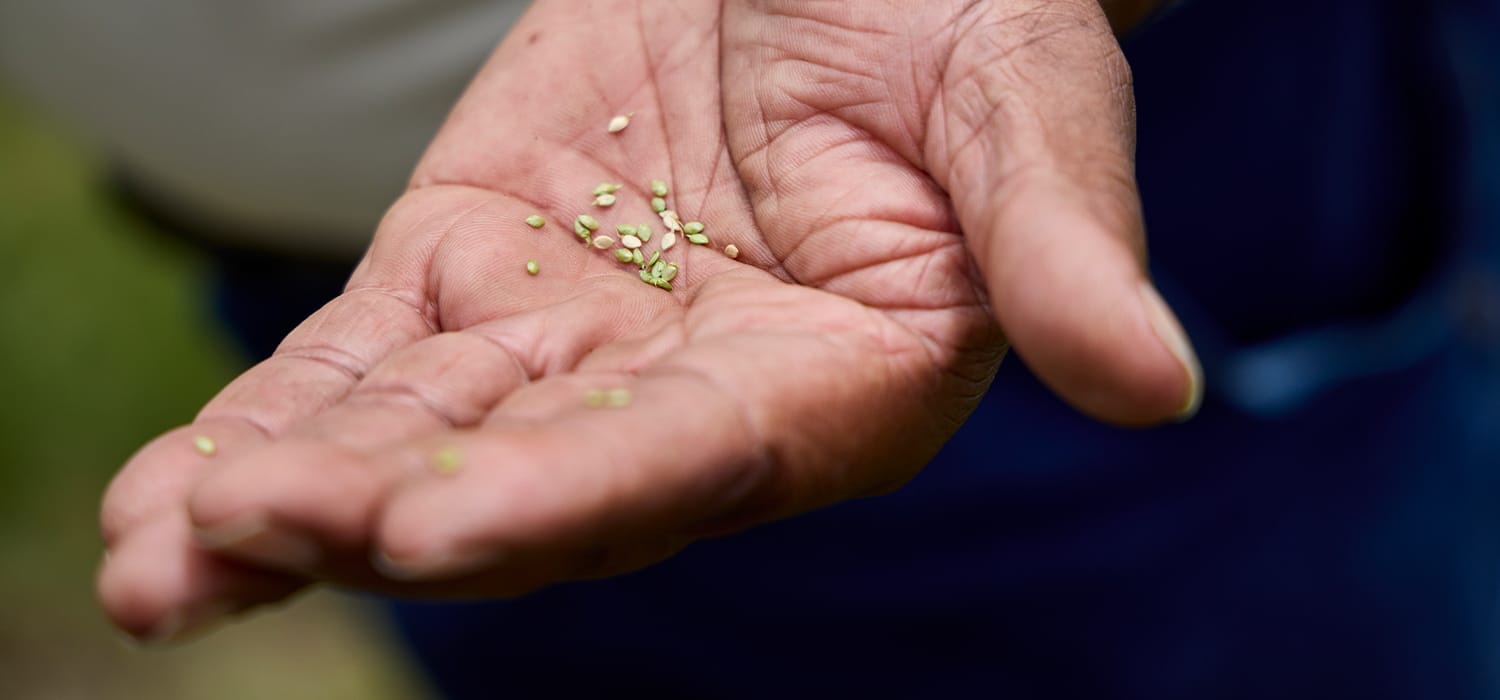
Eventually, the grass is lifted as sod and sold for use in road construction to replant roadsides for erosion control. “So, you end up getting two or three incomes out of that one bahiagrass crop. You grow your seed with it. You make hay from it. And you sell the sod from it.”
Finally, once the sod is removed, the bare ground is prepped so it can be planted with peanuts and then the cycle begins again.
For one additional revenue stream, Howard participates in the ADM re:generations™ program. “It’s a very good program. It allows you to plant a cover crop, which has a lot of advantages by itself. You’re conserving moisture and you’re building organic matter for peanuts or another crop you may plant.”
What’s Next
While Howard doesn’t think any of his four kids will return to operate the farm, he does have grandchildren who love to work on the farm.
“You would love for your grandkids to take it over,” he relates. “It makes you feel good if they decide to do that. But I’m not going to pressure them. Farming is something you’ve got to have in your heart.”
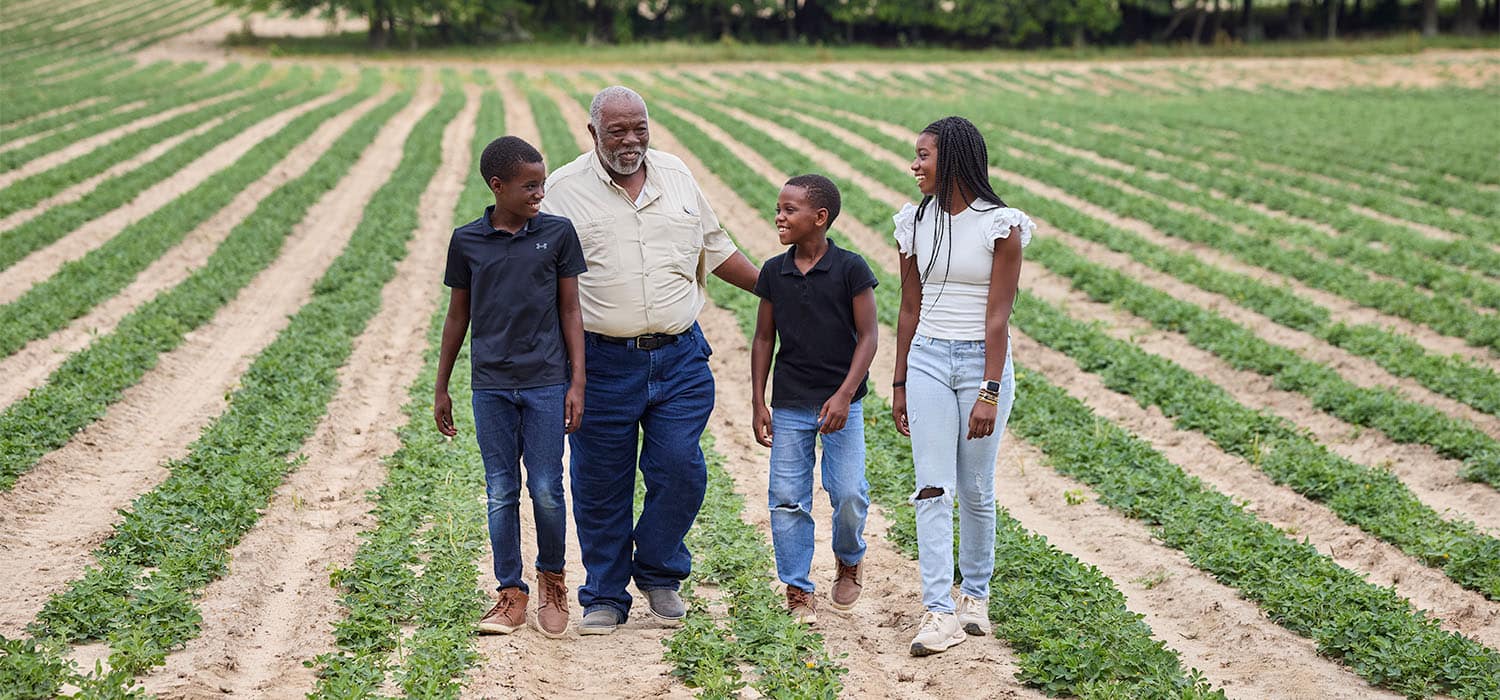
He does plan to continue farming himself, though he may eventually stop raising row crops like peanuts. But he would like to continue raising cattle as long as his health allows him to.
“I would love to do that (continue to raise cattle). I think I always will be tied to farming. I just can’t walk away from it.”
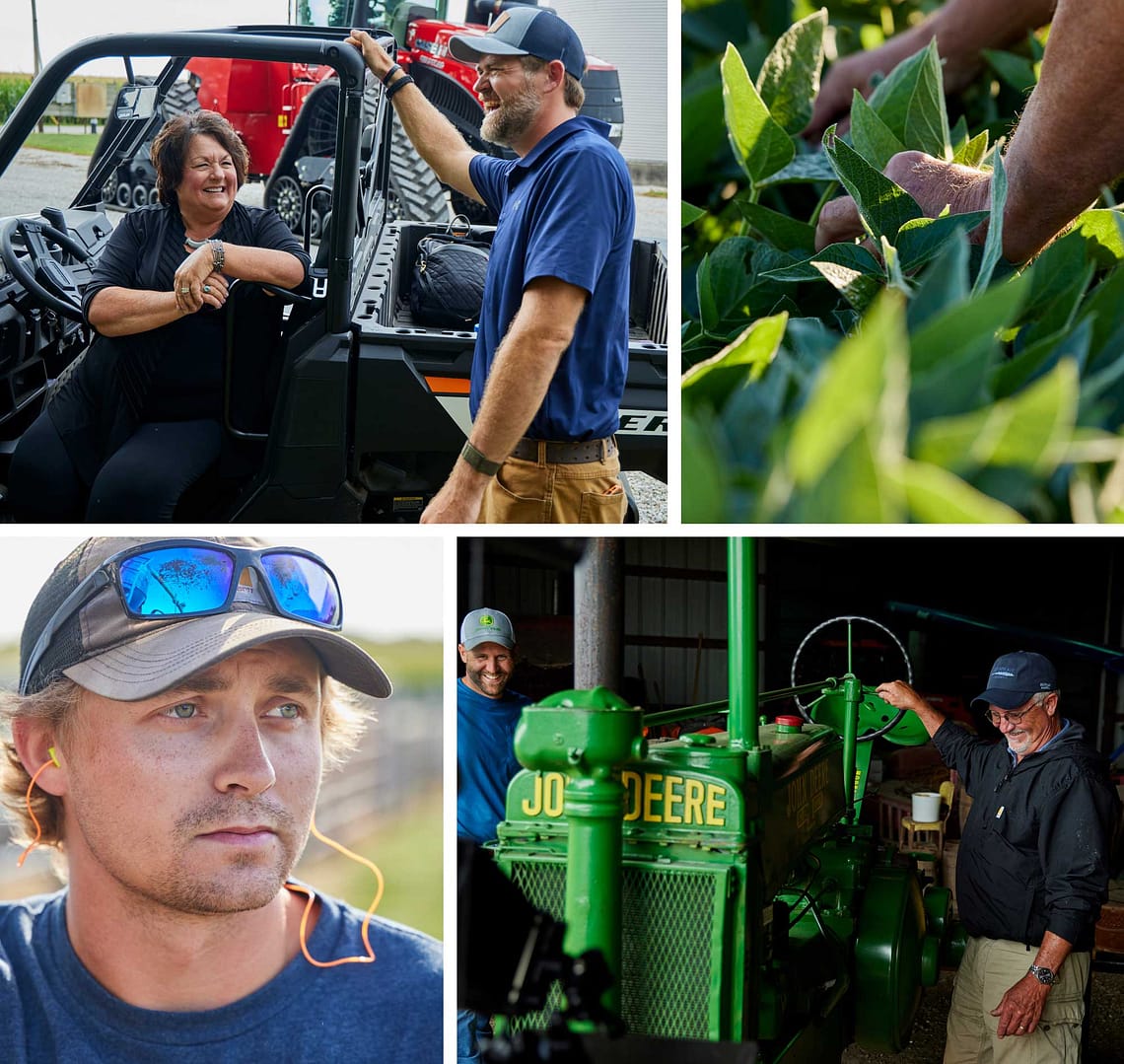
More American Farm Stories
The men and women who operate farms across this great country have great stories to tell. Of hard work. Challenging conditions. Overcoming obstacles. Family members working together. Over many generations. And hopeful for the future. Take the time to hear their voices.
